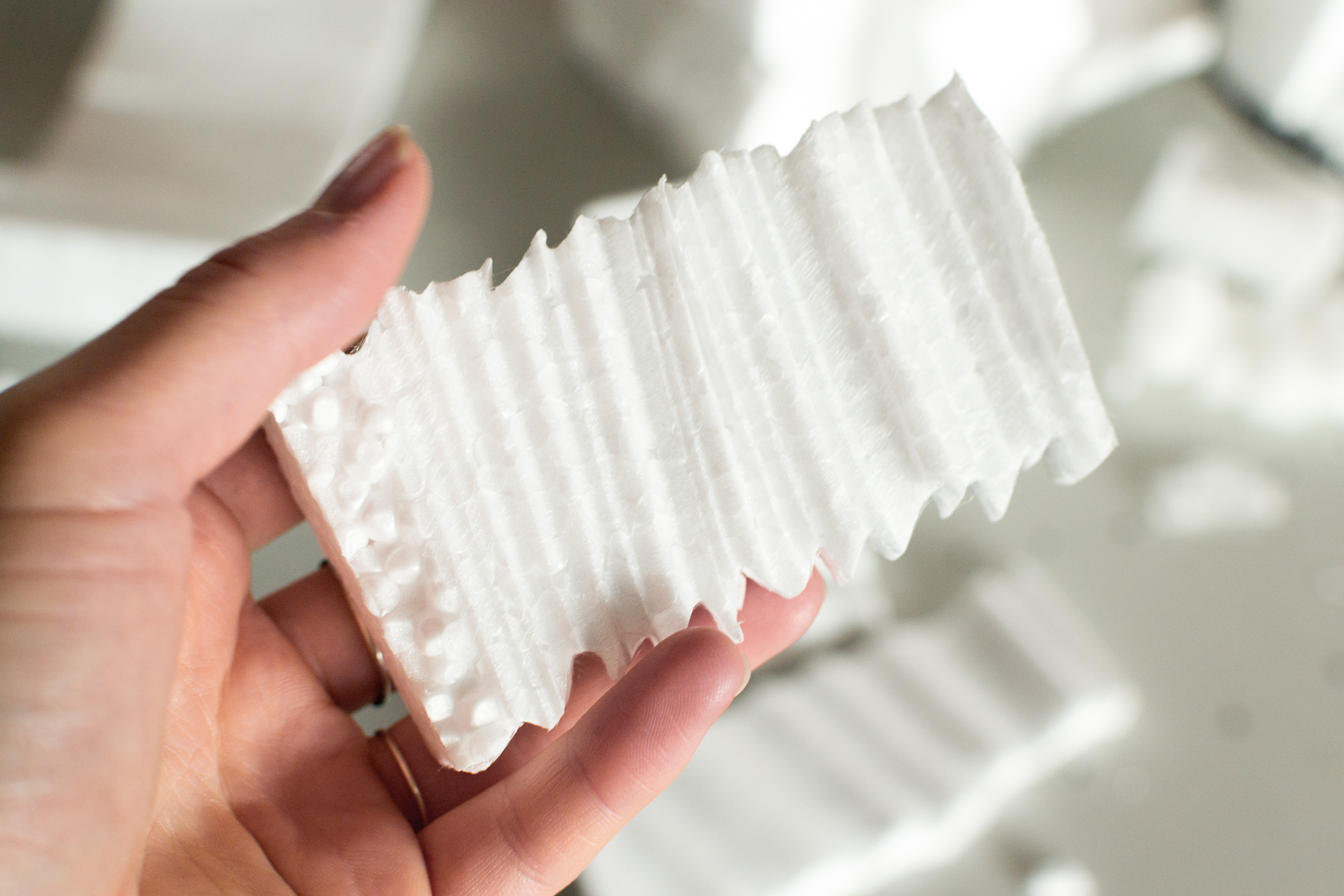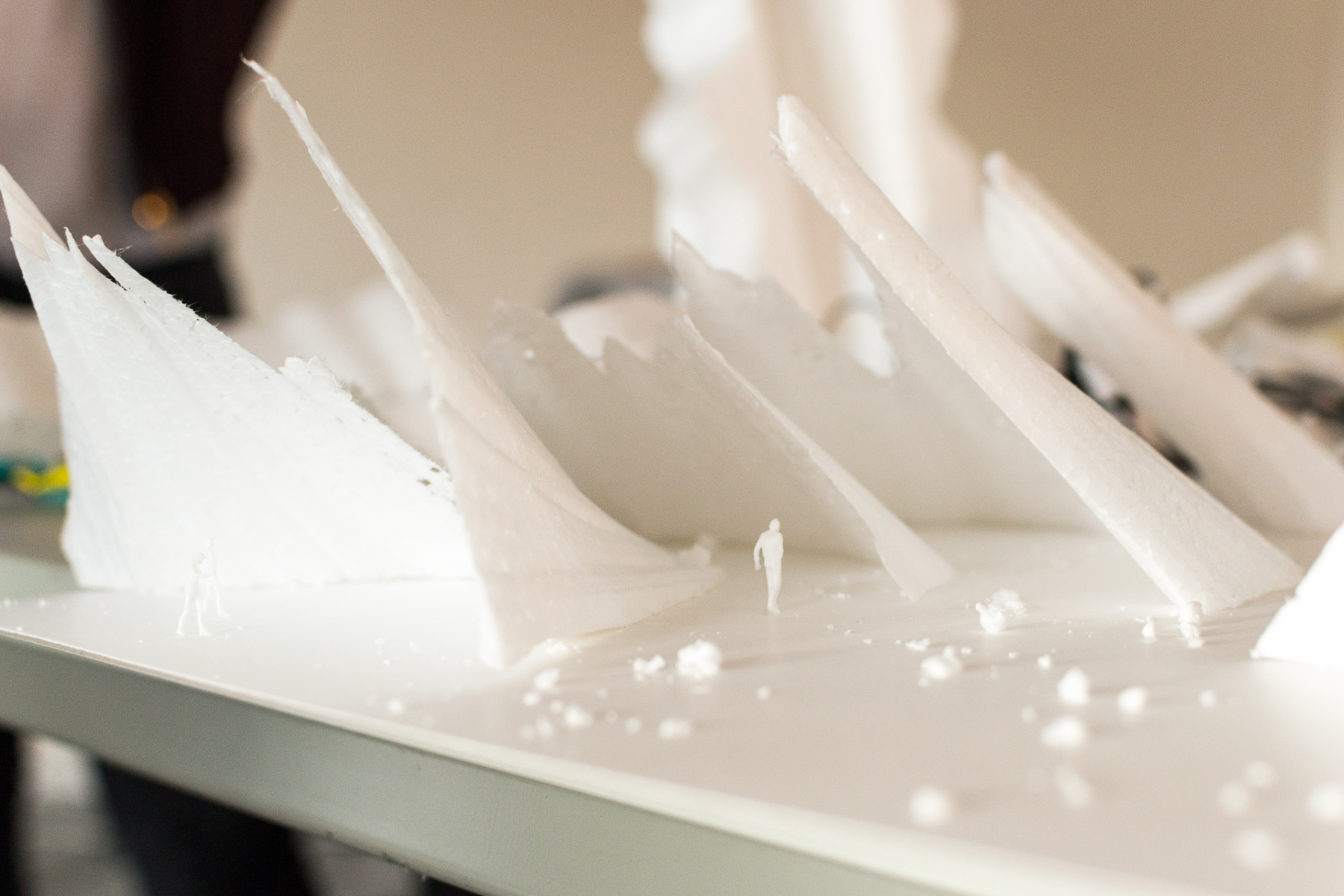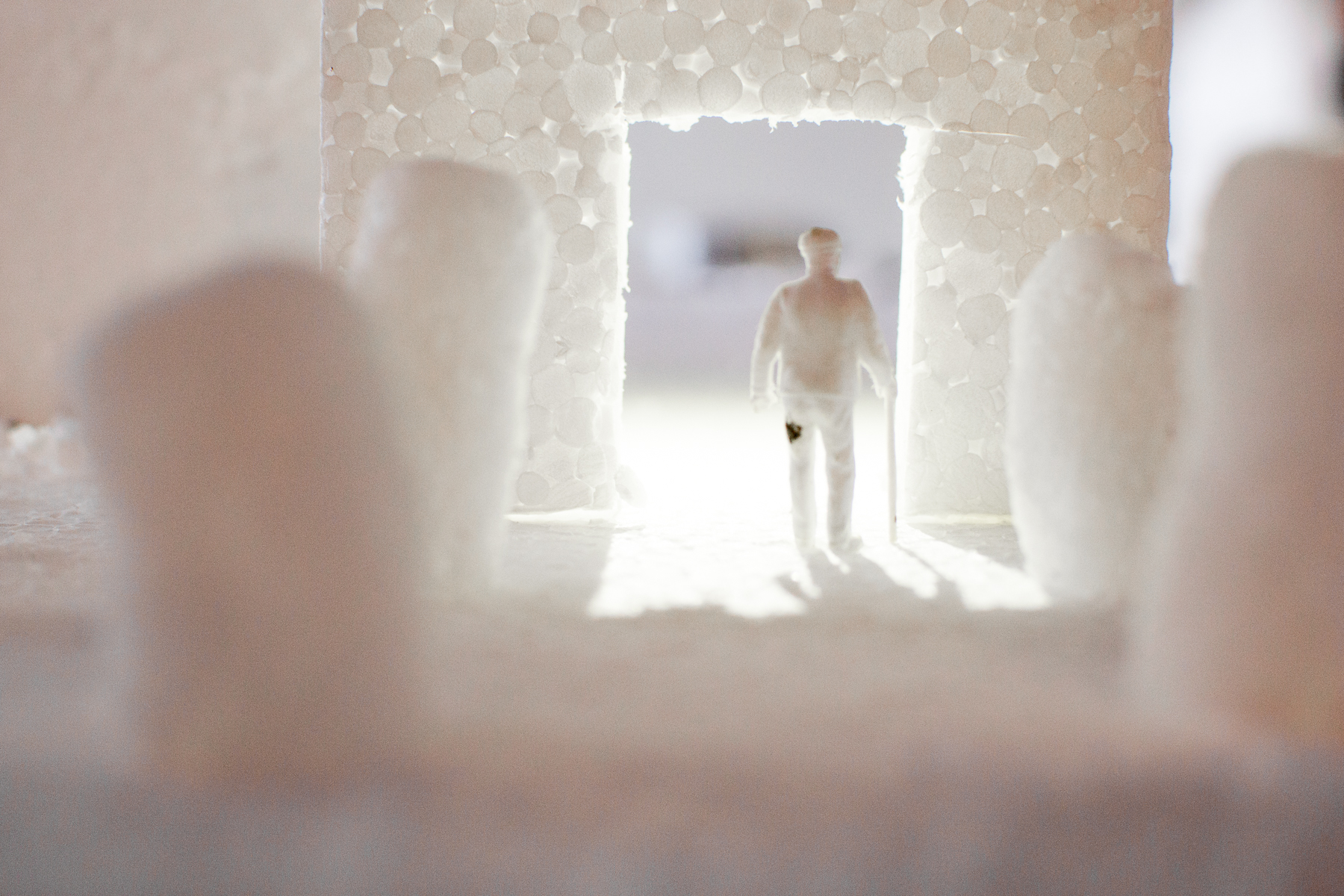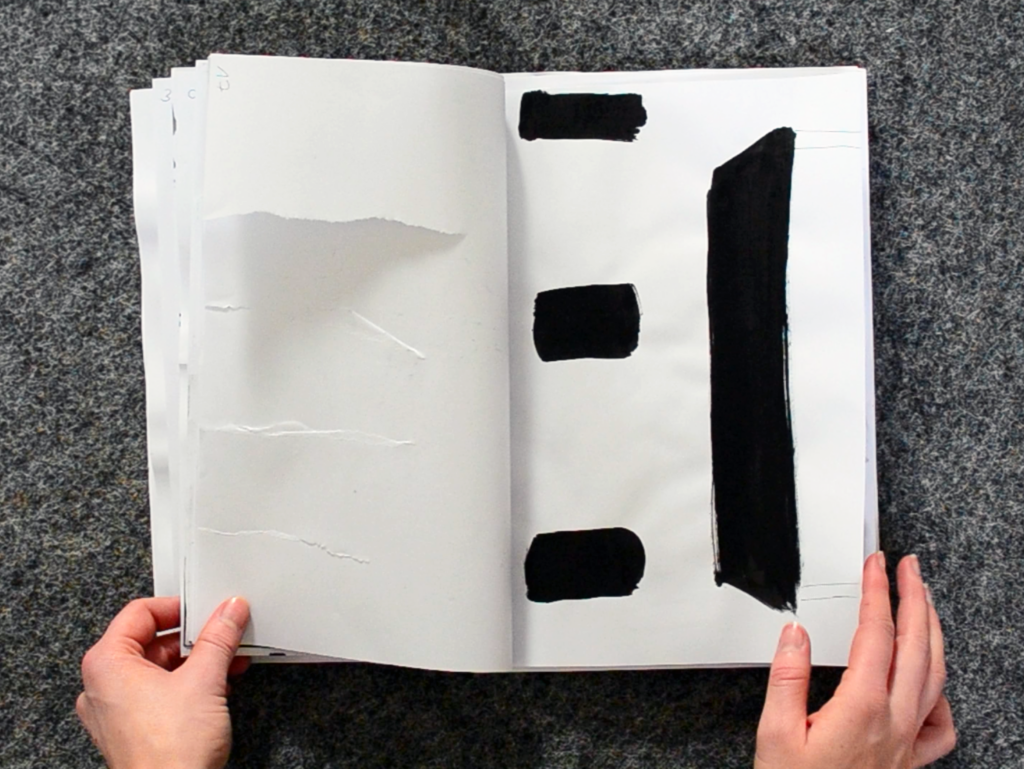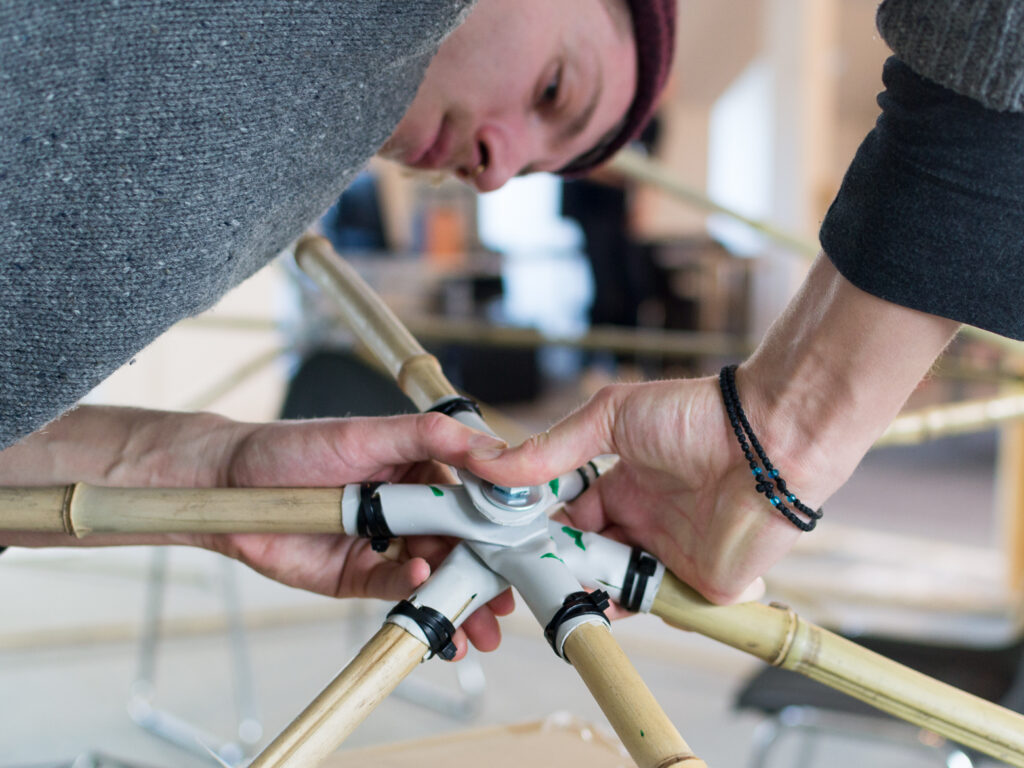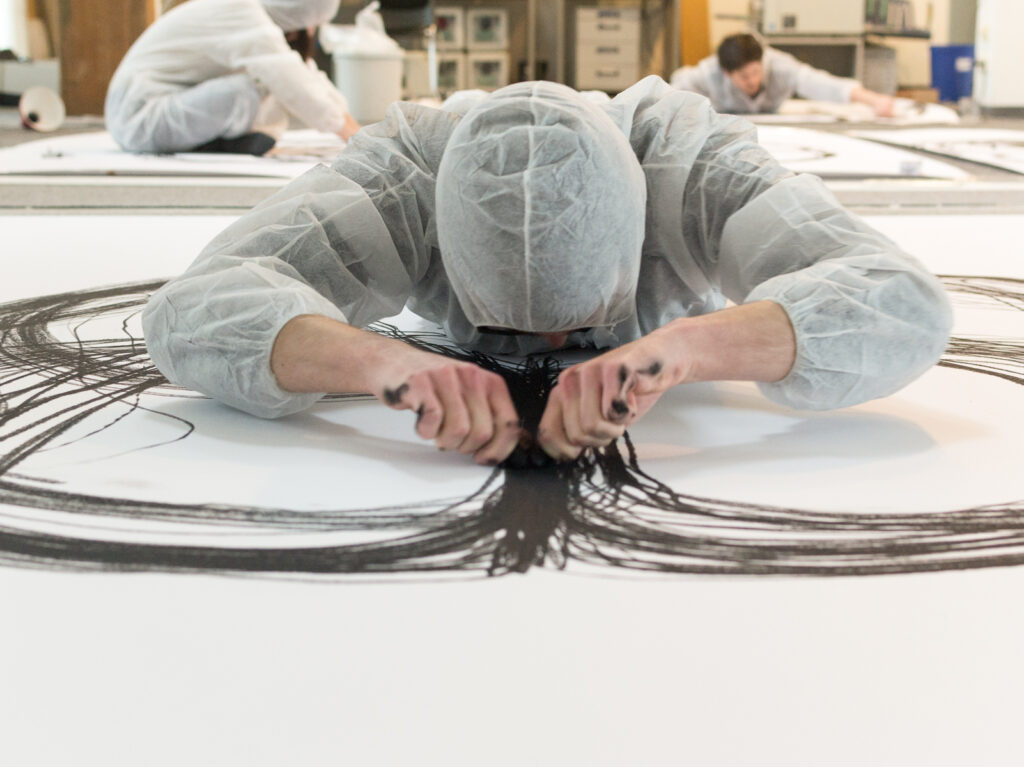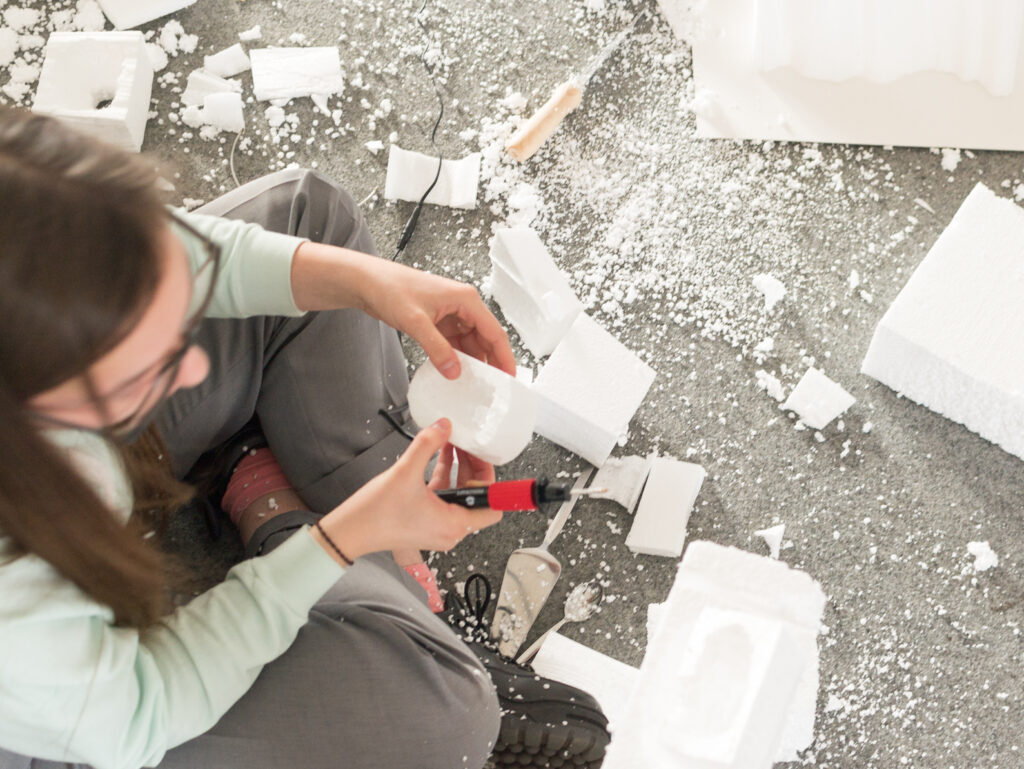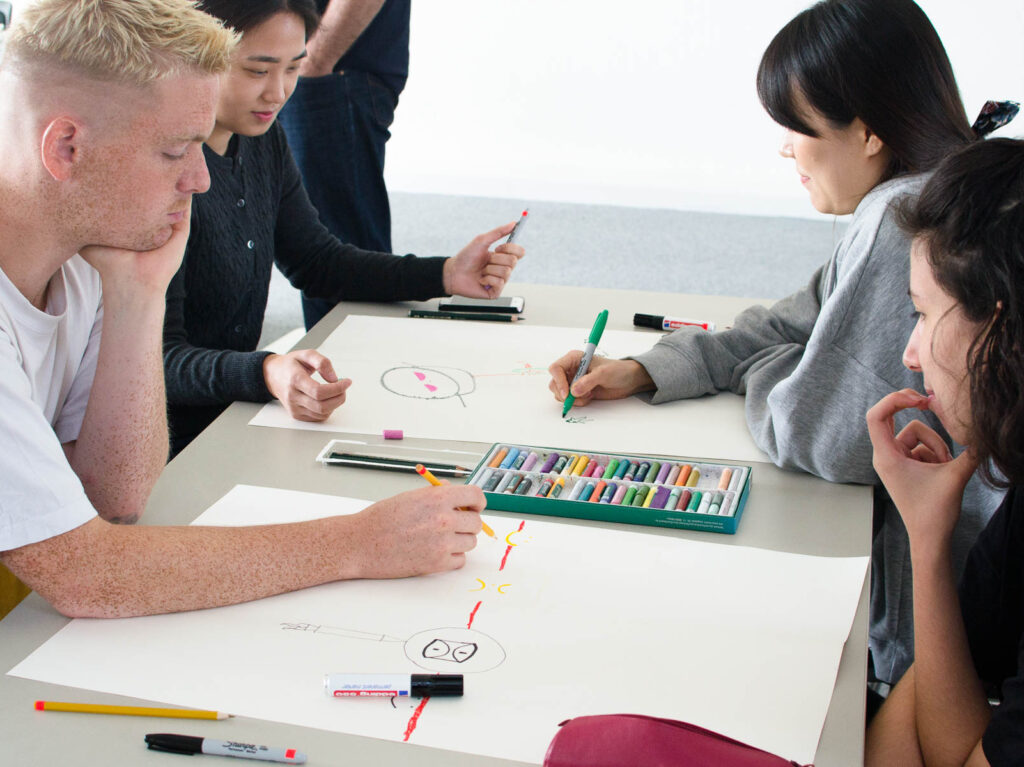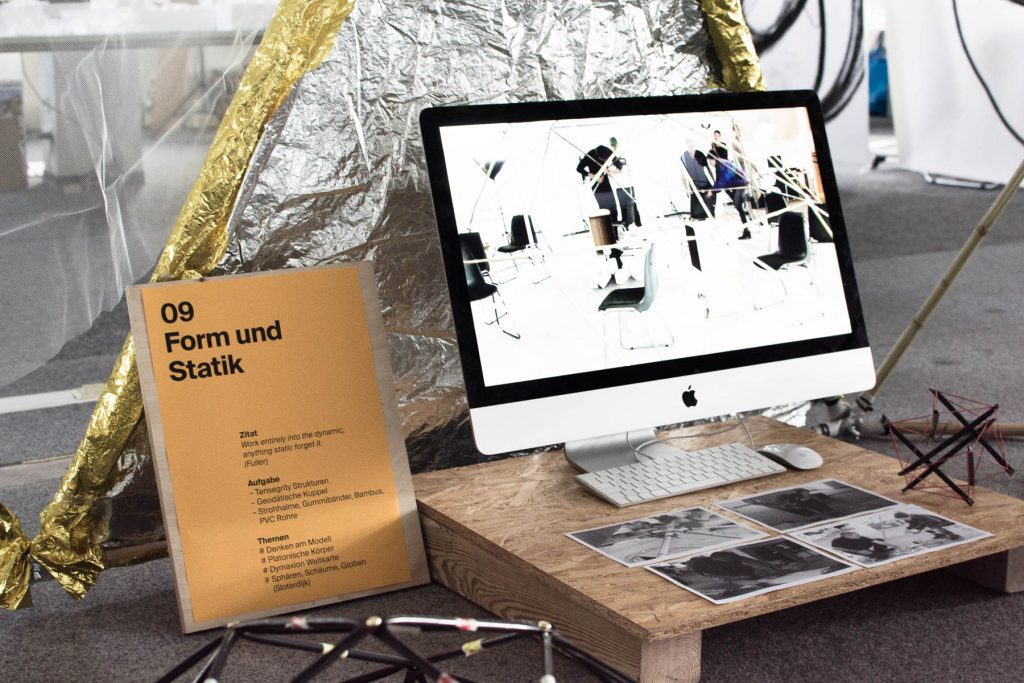About
We conduct a seminar on the basics of design we call „Beginnlosigkeit / without beginning“. This seminar has been part of the basic education at the Academy of Media Arts Cologne/Germany since 2017.
In this seminar:
- we research universal principles like symmetry, rhythm and interaction
- we experiment with tools and materials
- we address questions like ideation, individuality, rules, expression, …
On this website you will find some of the processes and results. This seminar is part of the project „basics.design“
How can we design a contemporary education in the foundations of design? The concepts of design have changed dynamically from product and process to systems and services and lately to social, participatory, open, transition and transformation design.
Traditionally, design foundations were material driven and focused on syntactical forms. However there where implicit aspects of also educating the future designer‘s posture. The aesthetical was linked to the ethical. This is a reason why famous schools like Bauhaus, Hfg Ulm and Black Mountain College founded their legacy.
But what about today? How can we proactively lay the foundations for a new understanding of design as a place of discourse, research, and experimentation?
What are basics of Design?
We found that design is not so much about WHAT but about HOW. Design is peculiar way of how to approach things. Design connects making and thinking, perception and intervention. Design tries to understand through making. We deal with things we do not understand, and because of that, we deal with them. Thus, we see design as research.
However, we do not try to copy a scientific research process. It’s the other way round: We see design as a universal way of interacting with the world, with the goal of getting things done. If you try to think deeper and you want to invent new ways of interaction and sensemaking, you engage in design research. A subset of this research may comply to strict standards we call scientific. Design can use such methods but is not limited to them. Sciences might find design methods useful to generate new questions and open new ways of research.

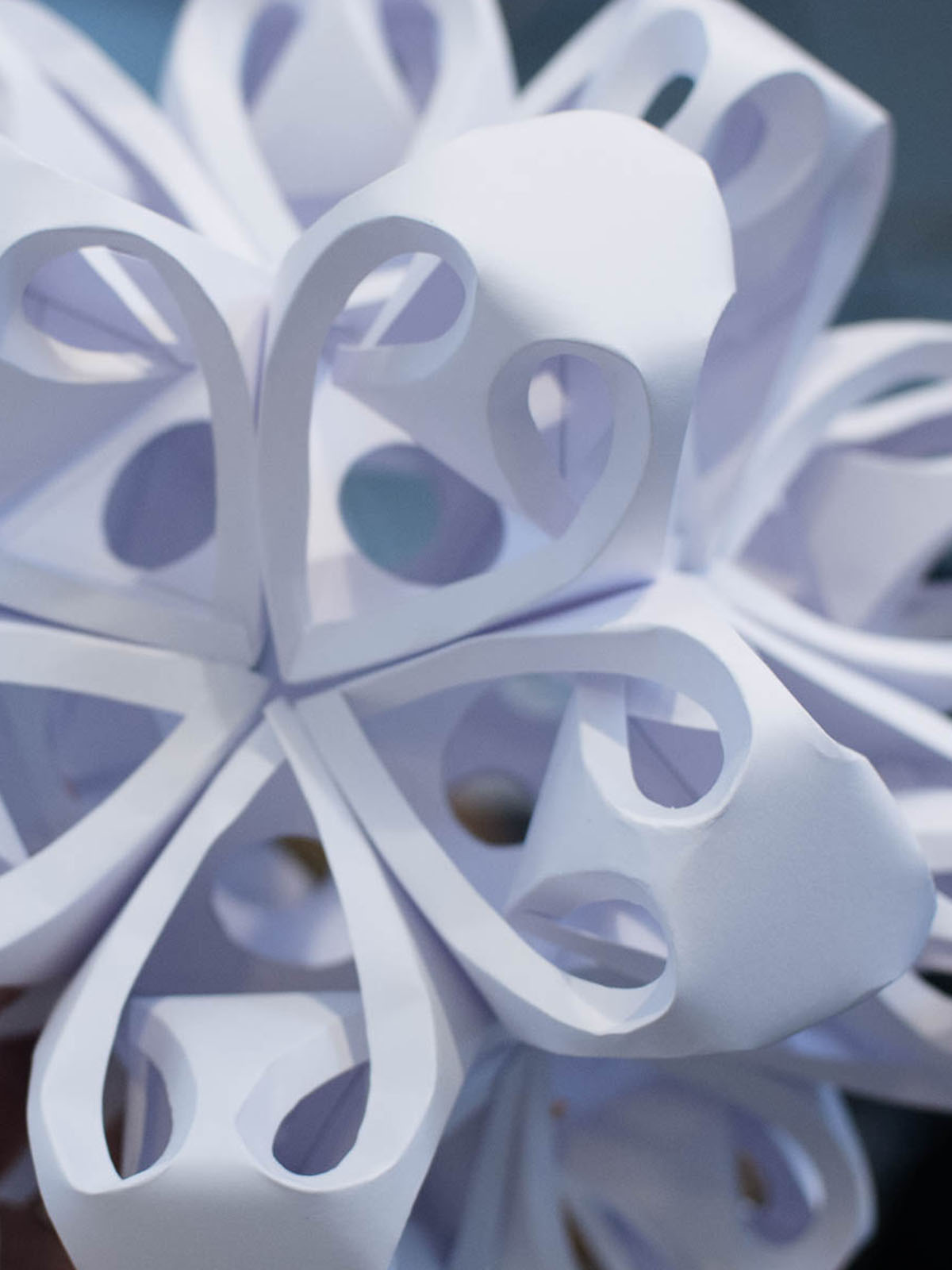
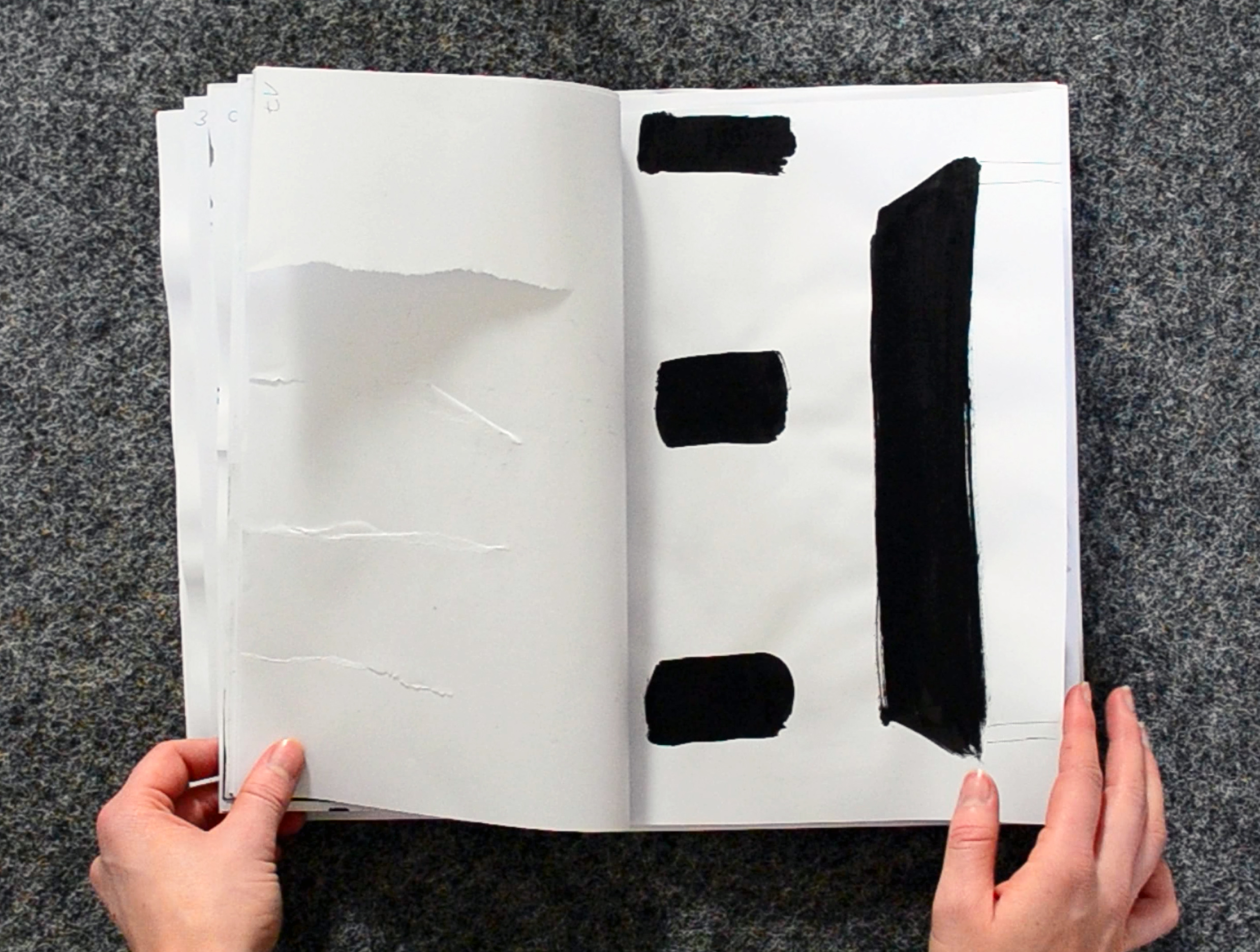
Methods & Topics
We work in analog and digital, 2 and 3 dimensions, time based or not. We analyze syntactical, semantic and pragmatic aspects and synthesize visual, spatial of auditive artefacts. Simultaneously we engage in conceptual questions such as the relationship of private and public, individuals and teams, opportunities and limitations of design.
Events

